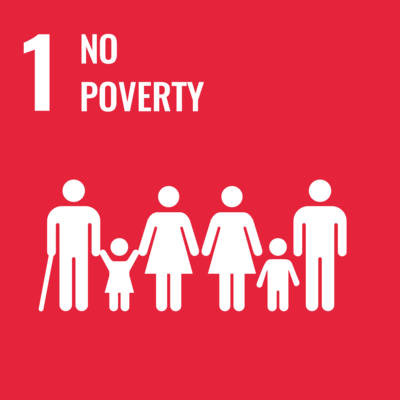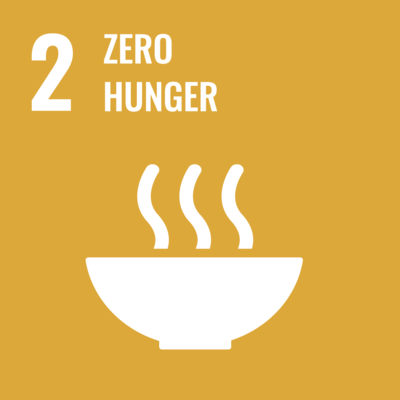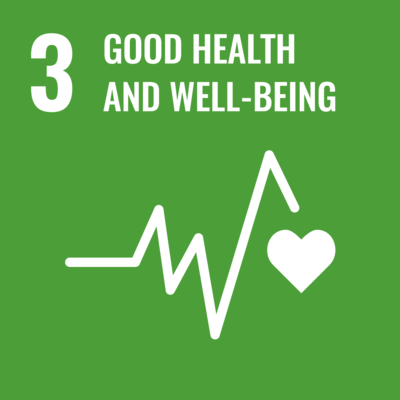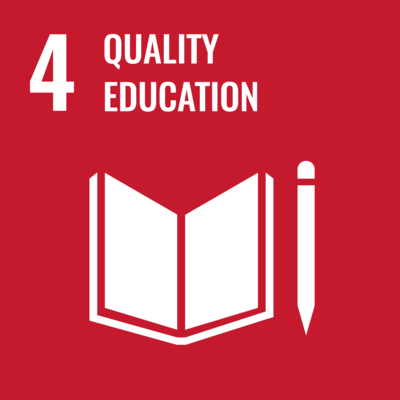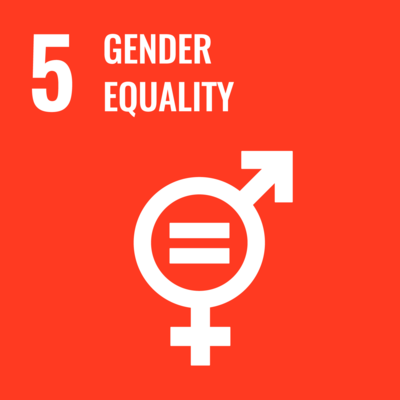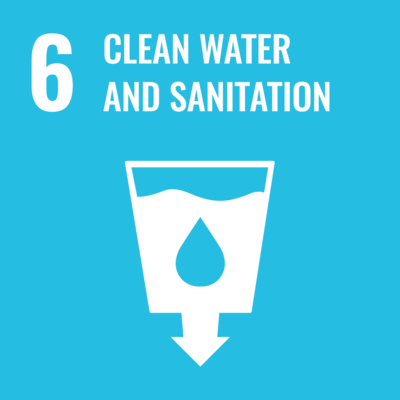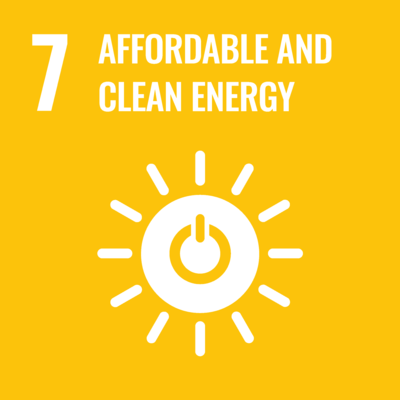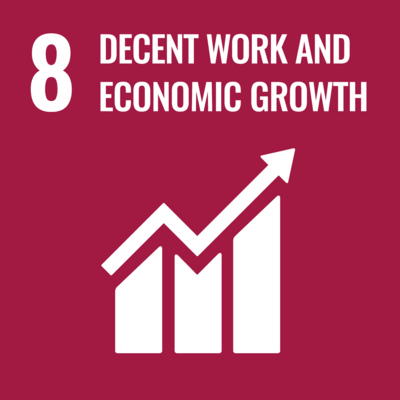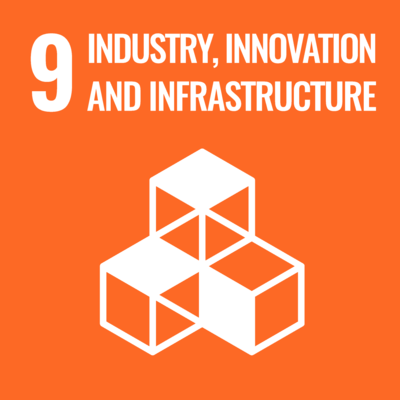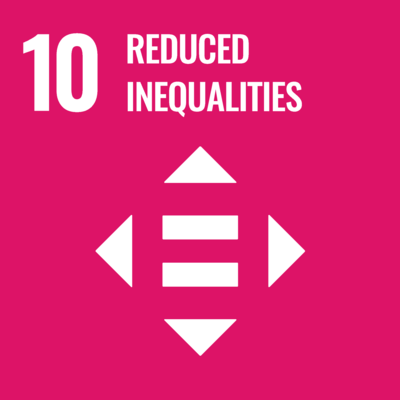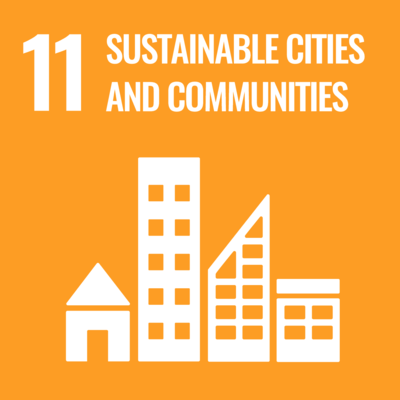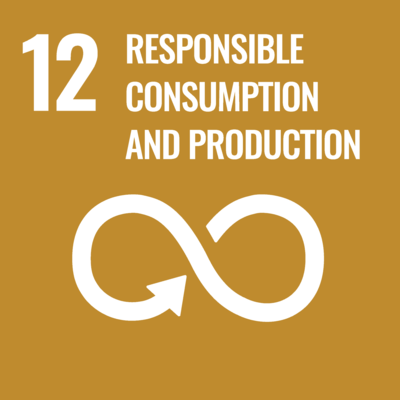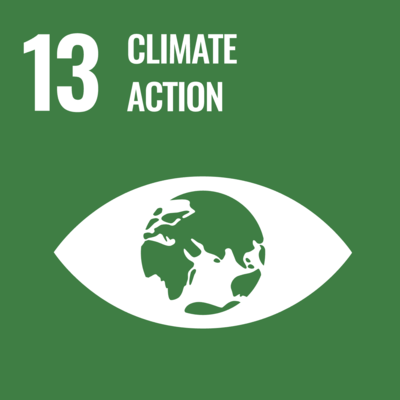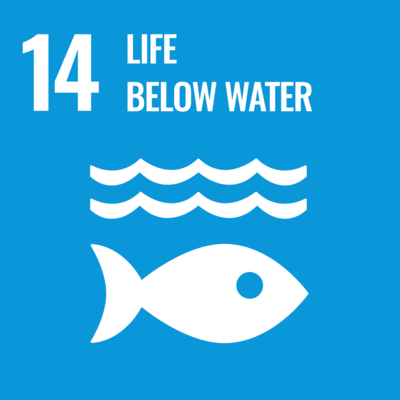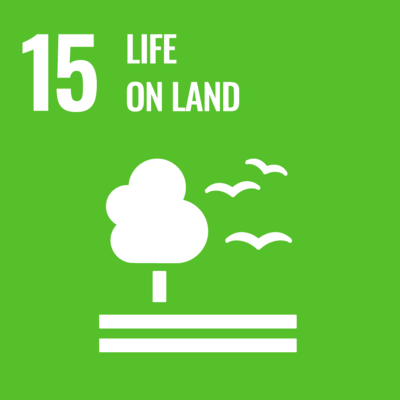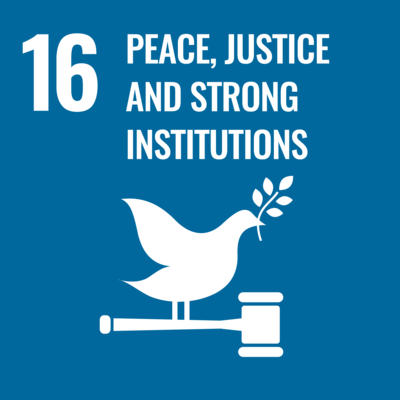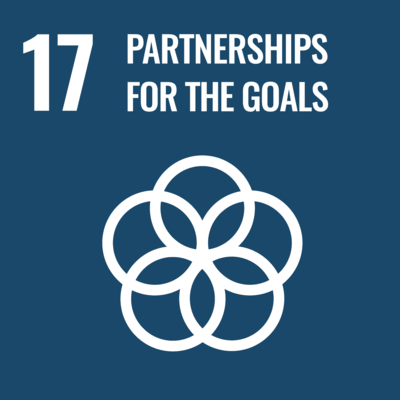SDG 2.5.1 Access to food security knowledge
NCUE’s professional teams consist of experts in food security and sustainable agriculture, and aquaculture skills or technologies, along with the research team of the Department of Biology and the Environmental Education Centre. The professional teams of NCUE have spared no effort in providing local farmers and food producers with knowledge and skills relating to food security, sustainable agriculture, and aquaculture technologies, working together with locals to develop a sustainable food industry and environment.
1. The USR (University Social Responsibility) project, conducted by NCUE's Department of Biology and Center for Environmental Education, assisted Mr. Chen Ming-Liao, a local fisherman from Fangyuan, in obtaining Taiwan's first Wetland Label certification for his aquaculture fishpond in 2021. Subsequently, USR assisted Fangyuan Community Development Association in establishing the "Changhua Marine Food Research Base" in 2022. In 2023, two Biology Department graduates, Wang Zhi-Sheng and Qiu Guan-Hua, who participated in USR, along with Zhao Jun-Jie, a local youth from the Center for Environmental Education's certified training program, collaborated with local community and Mr. Chen Ming-Liao. Together, they established a new model of community cooperation and sustainable seafood education. By leveraging local ecological features, aquaculture, and cultural resources, they revitalized the industry. They promoted marine and conservation education, integrating low-carbon seafood consumption with ecological education. Through free practical experiential courses, they guided students in understanding and conserving the economic and ecological resources of Changhua's coastal areas. Please refer to Figure 1.
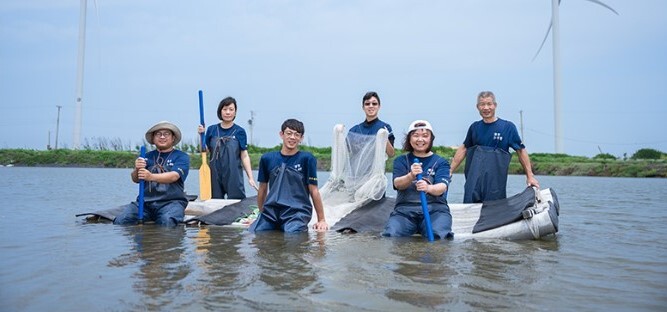 |
| Figure1: The Integrated Communications Department of Common Wealth Magazine planned and produced a news story on July 11, 2023, titled: "Cross-generational Collaboration Illuminates Local Communities! Changhua Marine Food Research Base Discovers a New Model of 'People x Economy' for Hometown Prosperity." |
2. The Changhua Twin Cities’ Industrial and Environmental Sustainability Emerging USR Project offers the “Aquaculture Product Testing and Environmental Management” course. The course was initially designed to cultivate skilled personnel to meet needs of local industry and to enhance the technical literacy of members of the Changhua Aquaculture Development Association in aquaculture environmental testing and management. In 2023, the course expanded to include aquacultural professionals with outstanding achievements as instructors. This allowed students to enter the production and sales environments of seafood products such as Asian hard clams, Corbicula clams, and white shrimp. Students could experience and learned knowledges and techniques related to aquaculture, food processing techniques and safety control, import/export procedures, and marketing strategies. This hands-on approach enabled students to witness advanced technologies, management practices, and marketing methods firsthand. They also gained an understanding of the growing global demand for safe, low-carbon aquatic food products. Throughout this course, students may cooperate with local fishing villages and communities, striving for a more stable and secure supply of aquatic food products in the future. Please refer to Figure 2 and Figure 3 for visual reference.
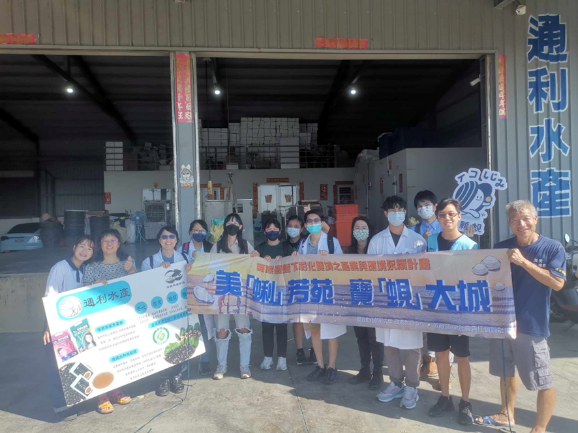 |
| Figure 2: Faculty and students visited Tongli Aquatic Products to learn about the aquaculture technique of Asian hard clams and Corbicula clams. They gained insight into the process of packing refrigerated containers for exporting to Japan, experienced biotechnology products and various processed goods, and learned how to refine techniques. This visit might enhance their competitiveness and help them establish a reputation in the international market in the future |
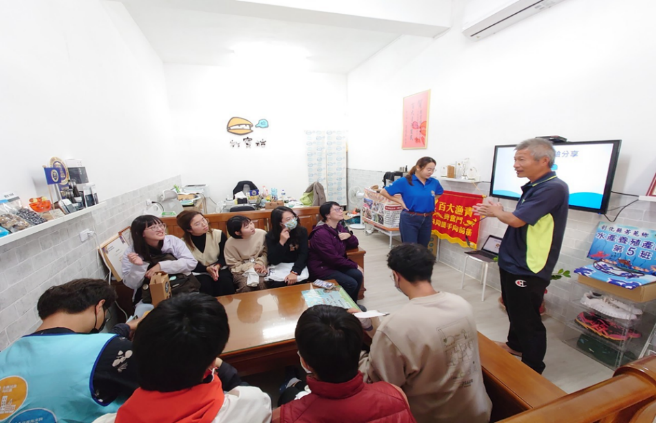 |
| Figure 3. Changhua Sheng Yi Aquatic Products is the first company in Taiwan to obtain organic product certification for four items: Asian hard clams, white shrimp, milkfish, and black clams. The owner, Yang Yi-Hua, is one of Taiwan's top 100 young farmers. Together with his brother, he returned to their hometown to jointly manage the brand "Ping Bao Ha" (Treasure Clams). Faculty and students learned how to breed high-quality, high-value aquaculture environments and food products. They also studied the development of biotechnology products to increase production value and competitiveness |
3. NCUE’s cross-disciplinary professional teachers and teachers of environmental education work together with scholars from other schools and local groups to promote the sustainable development of the industries and the environment in Changhua’s twin cities, Fangyuan and Dacheng.
(1) Environmental education make local people to have a clearer understanding and better awareness of the environment, motivating them to work with NCUE’s Environmental Education Centre as it sets up environmental education certification courses and certification training classes, nurtures seeded teachers for local environmental education, addresses the local environmental issues, and strives for sustainable environmental development. The programs promoted in this project include research and practical experience in environmental education, an introduction to ecological and environmental protections, air pollution education, beach cleaning, wetlands conservation, energy saving, carbon reduction, green energy, and environmentally friendly product packaging and marketing. The projects focus on solving local environmental problems and developing the aquaculture industry.
(2) 2023 “University Social Responsibility Implementation Project: Beautiful and Treasured Clams in Fangyuan and Dacheng: Sustainable Industry and Environment Project of Changhua’s Two Cities Amid Climate Change”: This project builds upon the 2022 “‘Deep Cultivation in Fangyuan’ and ‘Joining Hands in Dacheng: Changhua Twin Cities’ Industrial and Environmental Sustainability". In addition to providing the services of water quality survey for fishponds of the Changhua Aquaculture Association, coastal water inlets, and wells, the project has expanded its scope based on feedback from stakeholders of USR project. The project has expanded its services to support farms of golden clam and enlarged survey areas, such as the upper, middle, and lower reaches of rivers that serve as water sources for fishponds. This project is aimed to maintain and monitor the safety of water resources for aquaculture operators and coastal areas. All of the aforementioned services are provided free of charge. Please refer to Figure 4.
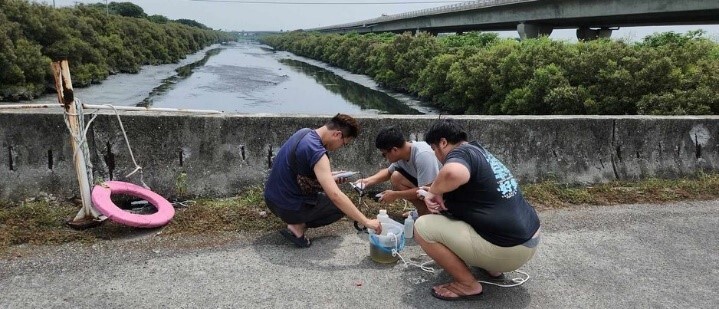 |
| Figure 4: In June 2023, the water quality survey team from the Department of Biology at NCUE, as part of the USR project, conducted water quality investigations along the upper, middle, and lower reaches of rivers |
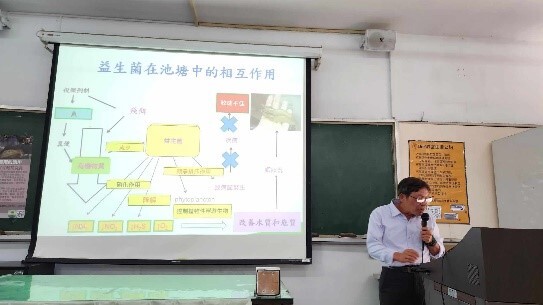 |
| Figure 5: In March 2023, NCUE organized workshops where faculty, students, and aquaculture operators learned together. This workshop also promoted the use of beneficial bacteria for maintaining good quality of water and enhancing the quality of aquaculture product |
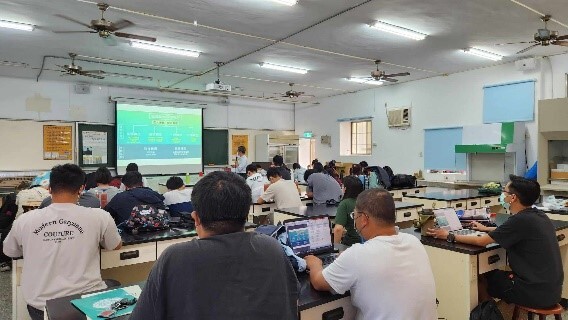 |
| Figure 6: In April 2023, the "Aquaculture and Greenhouse Gases" course was conducted. Participants included faculty, students, local aquaculture operators, and organizations. The course promoted environmentally friendly, low-carbon production strategies for the industry, aiming to collectively maintain the health and sustainability of local aquatic ecosystems |
Annex:
Ministry of Education's project: "Beautiful and Treasured Clams in Fangyuan and Dacheng: Sustainable Industry and Environment Project of Changhua’s Two Cities Amid Climate Change". For more information, visit this Project webpage: https://www.facebook.com/NCUEUSR/

